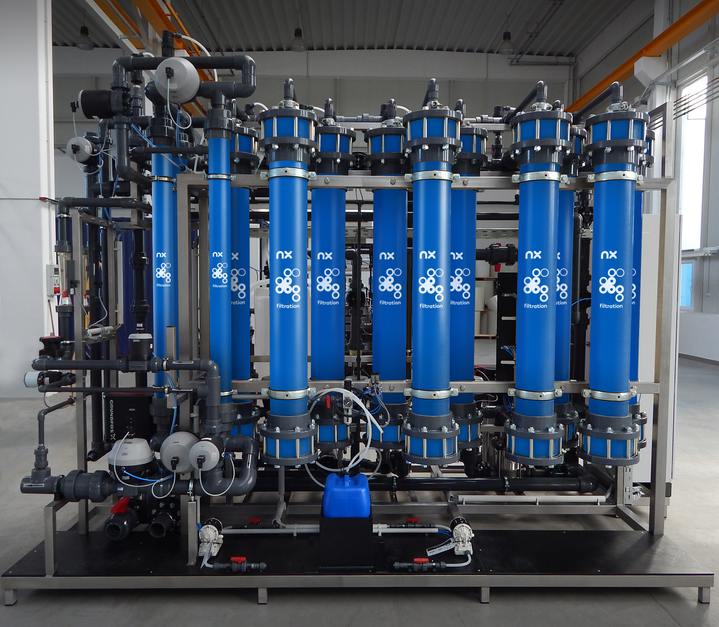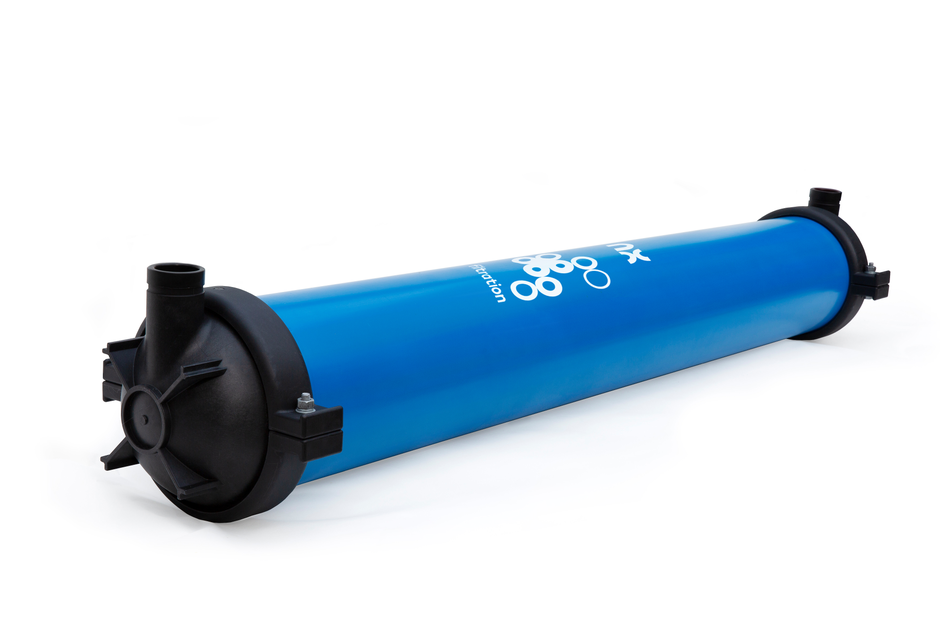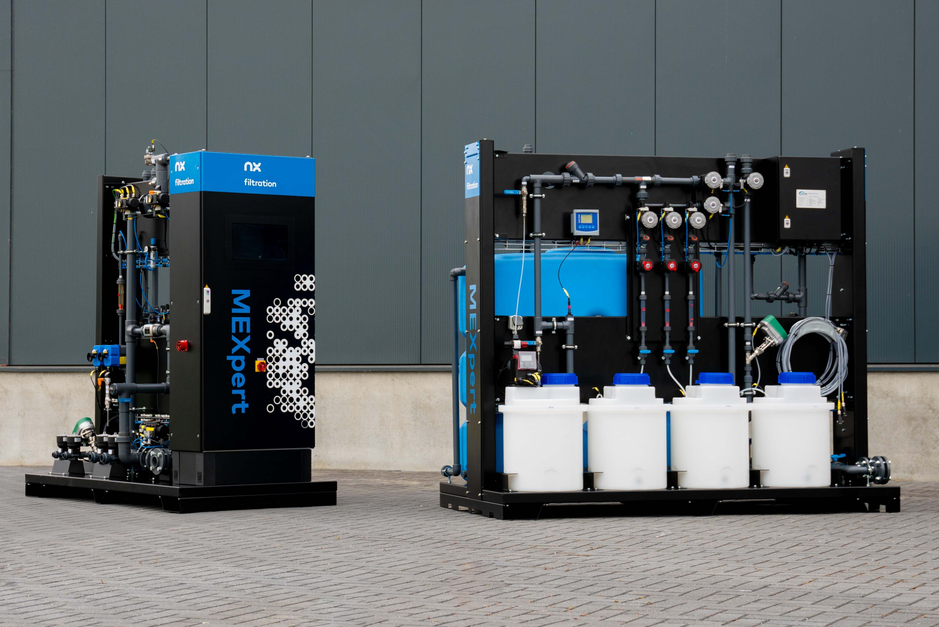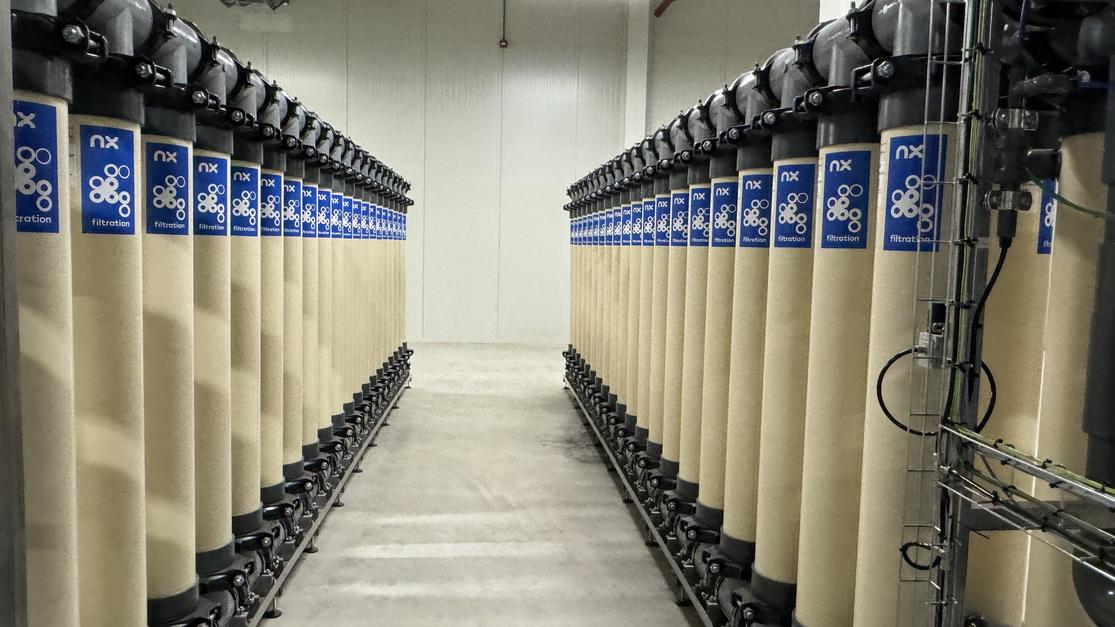Products
Hollow fiber nanofiltration membranes

Breakthrough nanofiltration concept
Our direct nanofiltration (dNF) membranes offer the unique combination of a low fouling hollow fiber configuration with the ability to remove organics and salinity (hardness) from water in one simple step. Other than a strainer, no further pre-treatment is required. We manufacture our membranes with a patented layer-by-layer process, where multiple nano-scale layers are deposited on a membrane support. This method enables very precise and controlled rejection and flux properties of the membrane.
HYDRAcap UF series

PES-based hollow fiber UF membranes
Compared to conventional pretreatment, HYDRAcap™ allows for higher fluxes for RO and NF systems while maintaining longer intervals between cleanings. In some cases it replaces conventional pretreatment for potable applications, ground water recharging and water recycling.
Readily available pilot systems

ranging from bench-scale to full-scale
Mexplorer
Our Mexplorer test unit is designed to perform quick filtration tests with our MP pilot modules.
Mexperience
The semi-automatic Mexperience pilot installation was developed for long-term testing with a full size WMC110 dNF40 or 80 module. This way you can gain thorough insights in the behavior of our dNF membranes.
Mexpert
Our fully automated Mexpert pilot installations were developed for maximum flexibility in all piloting circumstances. It uses our largest WMC200 dNF modules for the most real
Chemical-Free Water Treatment

HFNF offer a chemical-free, energy-efficient solution for water reuse and desalination, removing over 95% of impurities with minimal pretreatment.
This project, part of SAPAL’s ERA (Estaciones Regeneradoras de Agua, or Water Regeneration Stations) program, aims to produce drinking water from the Desbaste wastewater treatment plant using an indirect potable reuse (IPR) scheme that incorporates HFNF and advanced oxidation technologies. This water reuse concept is a crucial step to address water scarcity issues in the region. The project will be executed in two phases, each with a capacity of 17 million liters per day (MLD).